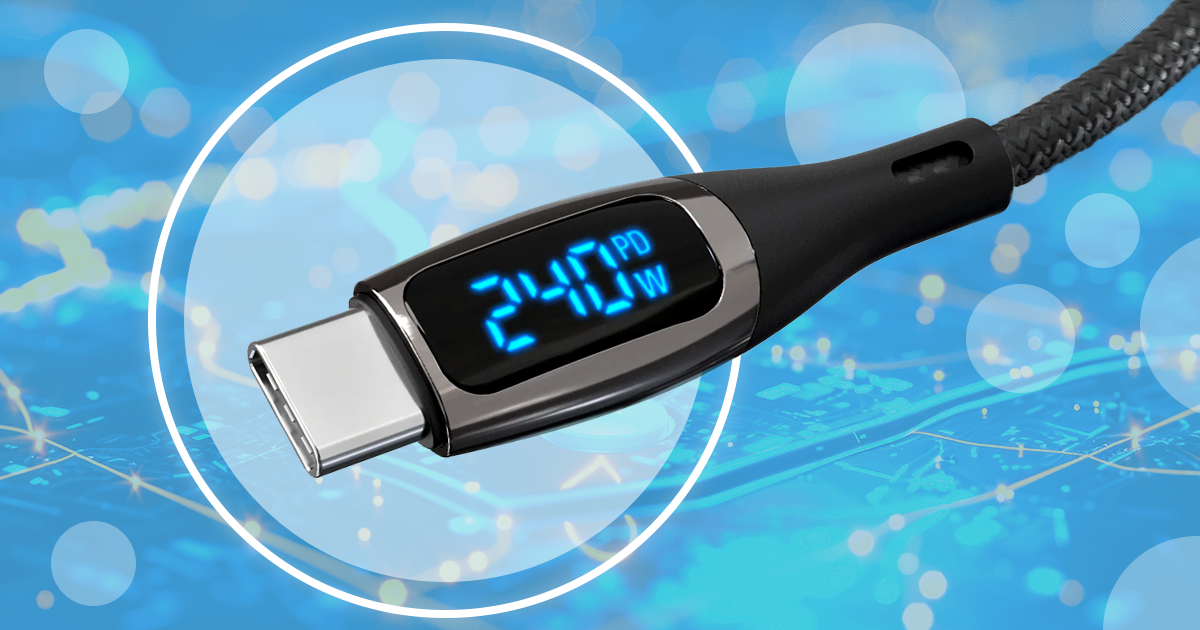Big news is coming – and this time, it’s from the living room. Our team has successfully extracted a complete file system image from an Apple TV 4K running tvOS 26. This marks the first-ever low-level extraction of Apple’s 26th-generation operating systems, including iOS 26, iPadOS 26, and tvOS 26. No one – not even the major forensic players! – has been able to achieve this before.
Our customers often ask us which exact iOS versions are supported by iOS Forensic Toolkit. There’s always a temptation to answer “all of them,” and while that answer is technically correct, there are a lot of caveats. The devil is in the details, and the real answer depends on what you mean by “support”.
The latest update to iOS Forensic Toolkit brought bootloader-level extraction to a bunch of old iPads, Apple TVs, and even the first-gen HomePod running OS versions 17 and 18. This enabled full file system and keychain extraction on a those older Apple devices that can still run these versions of the OS.
Perfect Acquisition is the most sophisticated method for extracting data from compatible iOS devices. This method is completely forensically sound; it doesn’t modify a single bit of the filesystem. When supported, this method should always be used over alternatives. This guide outlines the entire process, from acquiring the data dump to decrypting and mounting it for analysis. Note: this guide applies to iOS Forensic Toolkit 8.80 and newer, in which the process has been made easier to use.
When an iPhone is seized and later re-examined, forensic teams sometimes find that data present in an earlier extraction are missing from a subsequent backup or filesystem image. Why exactly does that happen, what kinds of data are affected, how long do they usually live, and what can you do to preserve volatile and semi-volatile artifacts? Let’s try to find out.
Welcome to Part 5 of the Perfect Acquisition series! In case you missed the previous parts, please check them out for background information. This section provides a comprehensive guide to performing the Perfect APFS Acquisition procedure.
Over the years, we’ve published numerous guides on installing the iOS Forensic Toolkit extraction agent and troubleshooting issues. As both the tool and its environment evolved, so did our documentation – often leading to outdated or scattered information. This article consolidates and updates everything in one place, detailing the correct installation and troubleshooting procedures.
Apple’s unified logging system offers a wealth of information for forensic investigators analyzing iOS, iPadOS, watchOS, tvOS, and other devices from Apple ecosystems. Originally designed for debugging and diagnostics, these logs capture a continuous stream of detailed system activity – including app behavior, biometric events, power state changes, and connectivity transitions. In digital forensics, where traditional sources of evidence like backups or app data may be encrypted or inaccessible, the logs provide an alternative and often untapped reservoir of forensic artifacts. This article explores the content, availability, and forensic value of Apple logs collected via sysdiagnose across different device types, focusing on practical methods for extraction and analysis using modern forensic tools.
When it comes to digital evidence, most investigators naturally focus on smartphones – and occasionally tablets. But the rest of the Apple ecosystem often goes unnoticed: Apple Watch, Apple TV, HomePod, even older iPod Touch models. These supplementary devices might seem irrelevant, but they can contain valuable digital artifacts: activity logs, Wi‑Fi credentials, leftover bits and pieces of information, system logs, and even synced photos.


